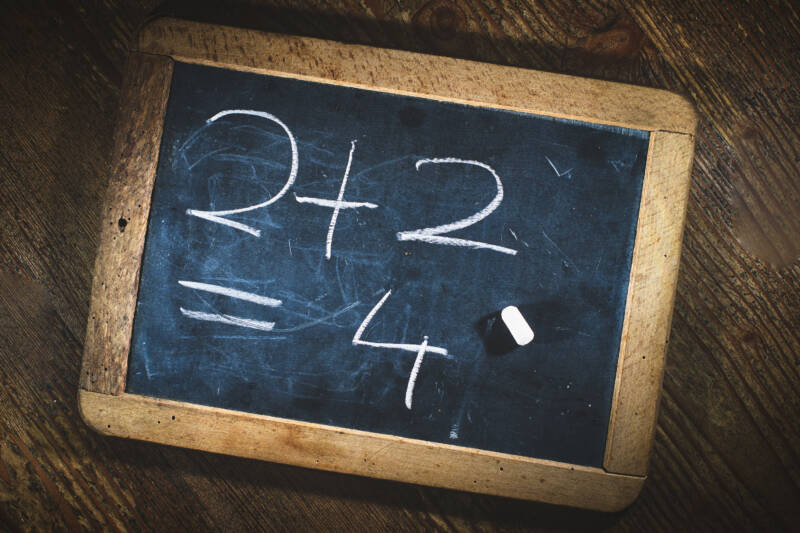Many students with special needs struggle with math. This is often due to a combination of difficulty understanding concepts, processing information, and/or retaining information. As a result, these students may require specialized instruction and accommodations in order to succeed in math class.
There are a variety of applied math skills that can be beneficial for students with special needs. By teaching these skills in a way that is tailored to each individual student’s needs, it is possible for them to succeed in math class and develop a strong foundation for future academic success. Here are three important applied math skills for special education:
Simple Counting and Number Recognition
One of the most basic but essential applied math skills is the ability to count. This includes simple tasks such as counting objects in a given set and recognizing numbers. For some students, it may be necessary to break down this skill into smaller steps such as counting by twos, fives, or tens. Other students may benefit from using manipulative objects such as blocks or counters while they are learning to count.
Counting is an essential skill that lays the foundation for more complex mathematical concepts. We use counting in many aspects of our lives, from keeping track of how many items we have to estimating how long it will take to complete a task. We use numbers when we cook. We might need to measure out ingredients or timings. When shopping, we might need to keep track of how much money we have spent. When driving, we might need to estimate journey times. By understanding and using these basic mathematical concepts, we are able to navigate our way through the world with greater ease.

Addition and Subtraction
Once students understand numbers and have mastered the ability to count, they can move on to adding and subtracting numbers. This can be introduced in a variety of ways depending on the needs of the individual student. Some students may benefit from using manipulative objects while others may do better with picture clues or verbal instructions.
We use addition and subtraction all the time in the real world, even if we don’t realize it. For example, when we’re cooking, we’re constantly adding and subtracting ingredients. When we’re driving, we’re constantly keeping track of our speed and distance traveled. Even something as simple as balancing a checkbook requires basic addition and subtraction skills. In short, addition and subtraction are two of the most essential math skills we use on a daily basis. Without them, life would be much more difficult.
Comparing
In mathematics, the skill of comparing is used to determine whether one number is larger or smaller than another number. This skill is valuable in the real world, as it can be used to compare prices, measure quantities, and track progress over time. For instance, when shopping for groceries, we may use the skill of comparing to determine which product is the better value. We may also use this skill to measure our progress towards a goal. For instance, if we are trying to save money, we may compare our current bank balance to our goal balance in order to gauge our progress. In short, the skill of comparing is a versatile tool that can be used in a variety of situations.
Teaching applied math skills to special education students can be challenging, but Conover’s new Applied Math Series can help. This new program teaches basic math skills and shows users how to apply these skills to everyday life. This series is 100% audio/visual based and includes simple review questions, making it perfect for many types of users seeking to learn and apply important math concepts and skills. Schedule a demo to learn more.
